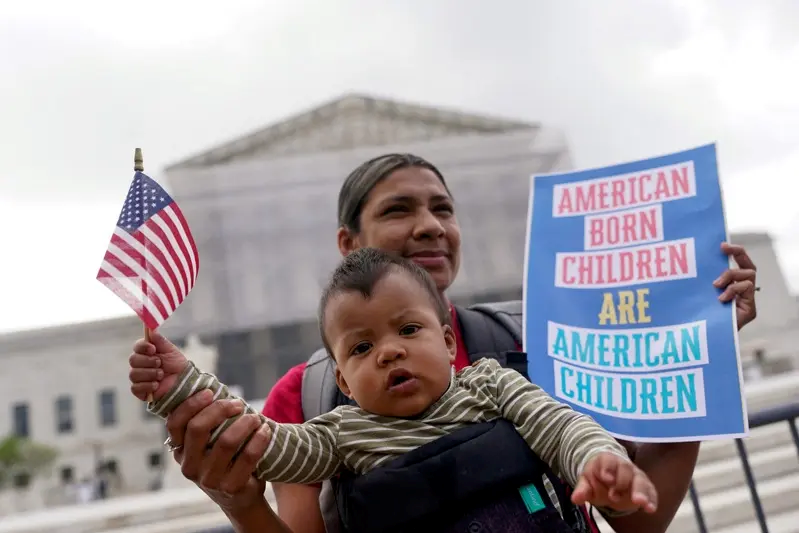Supreme Court upholds Trump’s move to end birthright citizenship

After President Trump took office for the second time, he signed an executive order to abolish birthright citizenship, which resulted in a large number of unconstitutional lawsuits. Federal district courts in Maryland, Massachusetts, and Washington successively issued temporary injunctions against Trump’s executive order. The Supreme Court accepted the appeal in April this year and handled the case together. The case entered oral arguments in May. On the 27th, the justices voted 6 to 3 to limit the effectiveness of the federal court’s nationwide injunction. The New York Times analyzed that the Supreme Court’s ruling was a big victory for the Trump administration, and there may be major changes in how American citizenship is obtained, although the changes may only be short-lived.
However, whether Trump’s method of abolishing birthright citizenship is unconstitutional was not mentioned in the main opinion written by conservative Justice Amy Coney Barrett.
As long as a federal district judge’s ruling can block the executive branch’s national policy, there have been cases during the years when both parties were in power, but the Supreme Court’s ruling on the 27th will subvert tradition.
Liberal Justice Sonia Sotomayor said in a dissenting opinion that the ruling amounted to “a travesty for the rule of law.”
![]()







